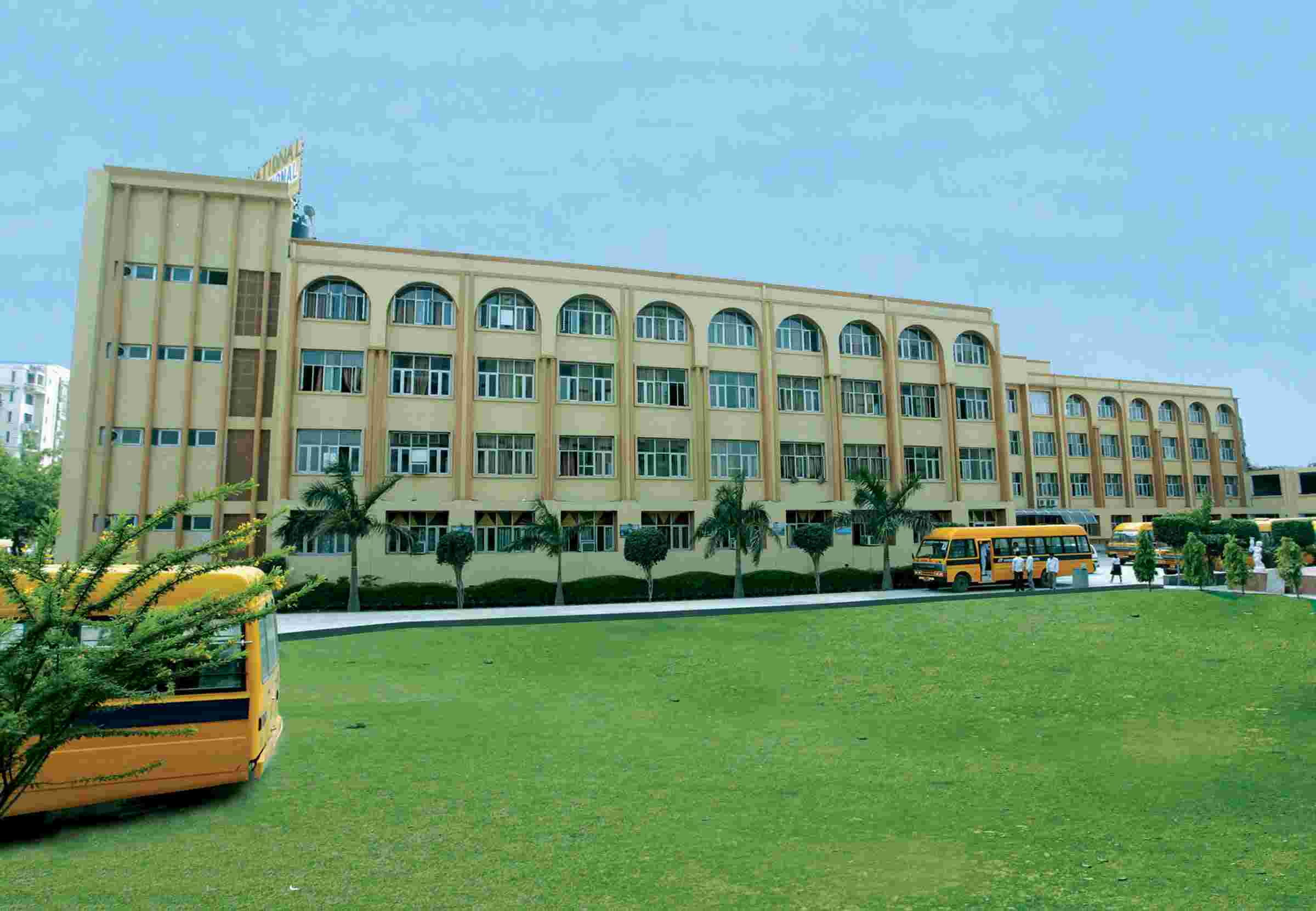
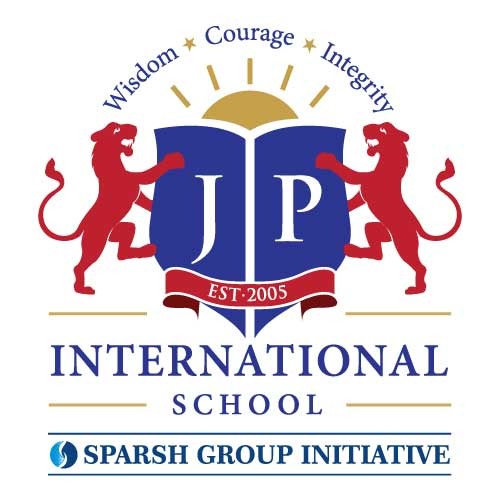
T:+91 7669-933-404
Email: [email protected]
Plot 3A, Sector Omega 1, Near Pari Chowk, Greater Noida, GB Nagar, Pin Code 201308


T:+91 7669-933-404
Email: [email protected]
Plot 3A, Sector Omega 1, Near Pari Chowk, Greater Noida, GB Nagar, Pin Code 201308

In the last decade, global education has changed rapidly and concepts like ‘learning at one’s own pace’ and ‘technology integrated’ have emerged as keywords. Since learning has become individualised, basis factors such as students' needs, interests and abilities, schools are in the process of creating a more effective learning environment. Integrating information technology in classroom learning empowers students to their highest potential and enhances learning modes for excellence in education.
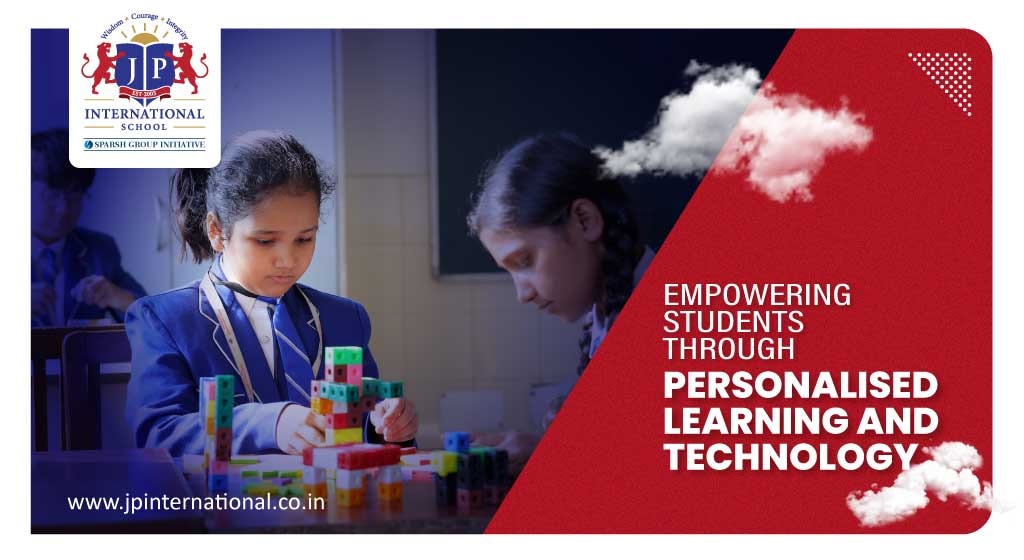
Individualisation of instruction is an approach to teaching that focuses on the child as an individual learner. Custom approach thus recognises that each learner has different abilities, needs and modalities, which must be addressed while learning. This approach entails developing techniques and content based on the needs of each student to facilitate learning. It is to establish a learning environment that fosters students’ goal clarity, builds self motivation and helps them achieve their full potential.
Through implementation of learner personalisation, trainers can meet the various learning styles. For example, some individuals perform well when they engage in practical assignments, whereas others perform well in theory classes. By adopting a detailed approach, schools ensure that each and every learner gets the help he or she needs to excel academically and also to gain essential life skills.
The use of technology is crucial in implementing principles of personalised teaching and learning. Technologies and multimedia facilitate the creation of engaging and context-sensitive learning environments that are suitable for students. From individual learning applications to complex learning management systems, technology improves access, delivery, quality and efficacy of individualised learning.
Another advantage of having personalised learning through the use of technology is that it will offer feedback on performance in real-time. For example, AI may help analyse a student’s performance and recommend materials or tasks to work on for more improvement. It enables students to receive an immediate response that that aids in ensuring that constant progress is made.
Moreover, technology promotes coordination and/or interaction among people. In virtual classrooms, effective use of discussion forum and group projects necessitates students to be interactive irrespective of their physical location. They foster support and communication in the learning process, thus making learning more fulfilling.
Enhanced Engagement: Personalised learning taps into students’ interests and strengths, making lessons more relevant and engaging. When students see the value in what they are learning, they are more likely to participate actively and retain information.
Improved Academic Outcomes: By focusing on individual needs, personalised learning ensures that students receive targeted support. This approach minimises learning gaps and boosts academic performance across diverse subject areas.
Development of Critical Skills: Technology-integrated personalised learning cultivates essential 21st-century skills such as problem-solving, critical thinking and digital literacy. These competencies are crucial for success in today’s interconnected world.
Flexibility and Accessibility: Online learning platforms and digital resources provide flexibility, allowing students to learn at their own pace. This accessibility ensures that education remains inclusive, catering to a wide range of learners.
Preparation for the Future: Exposure to technology prepares students for future academic and professional endeavors. Familiarity with digital tools and platforms enhances their adaptability in a tech-driven society.
Personalised learning and the use of technology in schools need stakeholders such as teachers, principals and parents to embrace the change. Teacher capacity enhancement through professional development is crucial in preparing them for the appropriate usage of technological tools in learning. Also, schools should establish dependable facilities and guarantee equal distribution of technological equipment for students.
Progress checks and feedback systems should not be overlooked since there is a need to always evaluate the actual impact of the learning models implemented. Thus, by utilising strategies such as data analysis, schools can develop programmes that constantly evolve to accommodate new needs of students.
The integration of personalised learning and technology is reshaping education, offering students a pathway to achieve their fullest potential. By fostering a student-centered approach, schools are nurturing confident, curious and capable learners prepared for the challenges of tomorrow. At JP International School, this vision comes to life through innovative teaching practices and cutting-edge technology. By prioritising the individual growth of each student, JP International School is setting a benchmark in empowering learners to excel in academics and beyond. As education continues to evolve, such initiatives are essential in shaping a brighter future for the next generation.
Technology enables implementatiadaptive tools, real-time feedback and collaborative platforms to make education accessible and efficient.
- JP International School19 April 2025
Whether through co-curricular activities, international exposure, or digital learning platforms, ...
12 April 2025
JP International School makes students future-ready by imparting 21st century skills through the ...
5 April 2025
A solid education from school creates opportunities for students to grow into confident, responsi...
29 March 2025
Technology allows students' everyday journey, be it in academics or outside of academics, to be t...
22 March 2025
STEM education prepares students for healthcare careers by combining biology, chemistry and physi...
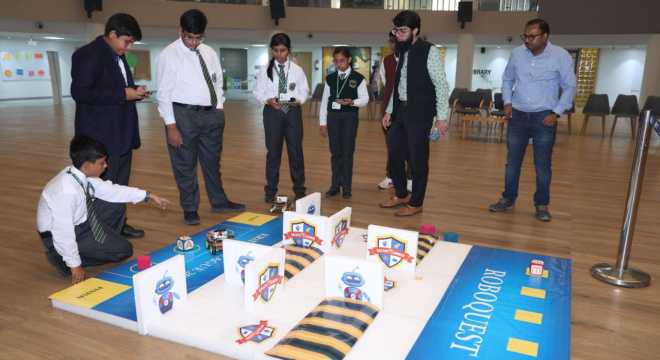 28 November 2024
28 November 2024
.jpg) 27 November 2024
27 November 2024
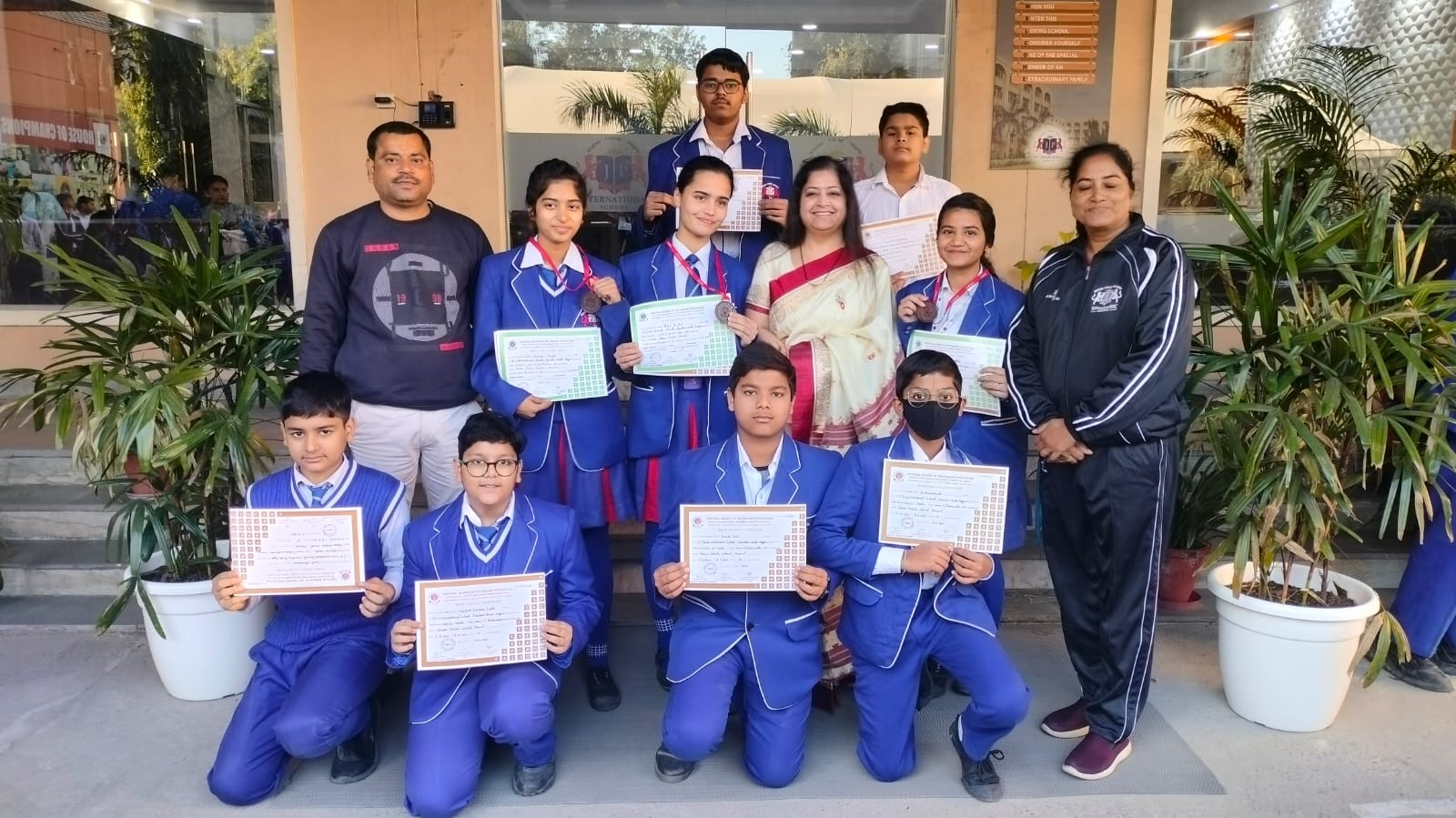 8 December 2022
8 December 2022
